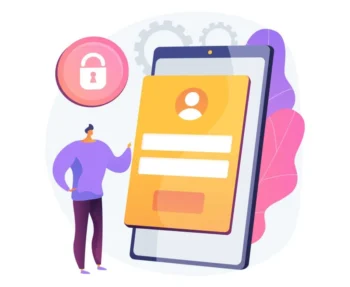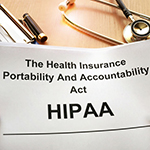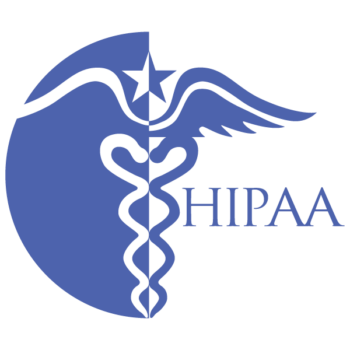In today’s digital age, enhancing communication and engagement with your patients is more important than ever. One of the most effective tools at your disposal is the patient portal. This online platform can transform how you interact with patients, making communication more efficient and fostering a deeper level of engagement. Let’s explore how you can utilize patient portals … [Read more...] about Using patient portals to enhance communication and engagement
HIPAA
Creating a safe and healthy work environment for your staff
One of your top priorities is ensuring a safe and healthy work environment for both your administrative and clinical staff. This not only enhances productivity and morale but also ensures compliance with relevant regulations. Here’s a guide on how to create a safe and healthy workspace for everyone in your practice, including information on common types of … [Read more...] about Creating a safe and healthy work environment for your staff
Best practices for managing medical billing and coding
Managing medical billing and coding can be quite the juggling act, but getting it right is crucial for the financial health of your practice and ensuring everything runs smoothly. Here are some best practices to help you streamline your billing and coding processes, complete with examples to show how it all works. First off, hire and train the right staff. … [Read more...] about Best practices for managing medical billing and coding
5 strategies for safeguarding patient confidentiality
In the healthcare industry, protecting patient confidentiality and safeguarding sensitive medical information are paramount responsibilities. As a medical office manager, fostering a robust workplace security culture is essential to ensure compliance with regulations such as HIPAA (Health Insurance Portability and Accountability Act) and to maintain the trust and confidence of … [Read more...] about 5 strategies for safeguarding patient confidentiality
Why and how to review vendor contracts annually
As a medical office manager, ensuring the smooth operation of your practice involves a multitude of responsibilities. One crucial yet often overlooked task is the annual review of purchasing vendor contracts. This process is vital not only for maintaining cost efficiency but also for ensuring compliance, service quality, and adaptability to changing needs. Here’s why and how to … [Read more...] about Why and how to review vendor contracts annually
How to navigate compliance and regulatory updates
In the ever-evolving healthcare industry, medical office managers play a pivotal role in ensuring that their practices not only adhere to current healthcare regulations but also anticipate and adapt to forthcoming changes. Compliance and regulatory updates are not merely legal obligations but cornerstones of patient safety, quality care, and operational success. In this … [Read more...] about How to navigate compliance and regulatory updates
Model HIPAA Privacy Reminder to Reception and Other Staff
Why you need this memo: Your medical office staff understands the imperative of safeguarding personal health information (PHI) and wouldn't let strangers roam about the facilities freely. But it's easy for them to lower their guard when a former employee comes back to the practice, e.g., to pick up a final paycheck or just make a social call. How this memo helps you: This … [Read more...] about Model HIPAA Privacy Reminder to Reception and Other Staff
9-point checklist for medical office cybersecurity
Is your office doing all it can to protect your patients' sensitive medical data? Here's a nine-point checklist to protect the security and privacy of your patients. Use strong, unique passwords for all accounts and change them regularly. Enable two-factor authentication (2FA) for added security. Keep all software and systems up to date with the latest security … [Read more...] about 9-point checklist for medical office cybersecurity
Could your organization’s website reveal your HIPAA non-compliance?
By Danika Brinda Did you know that your organization’s website can reveal to the world that you are out of compliance with HIPAA? A quick look at your organization’s website could reveal to a HIPAA auditor that your organization is struggling with HIPAA compliance. Wondering what I am referring to? The Notice of Privacy Practices! The regulations state that your … [Read more...] about Could your organization’s website reveal your HIPAA non-compliance?
Leveraging voice technology for streamlined operations
Voice technology, powered by sophisticated natural language processing and artificial intelligence, has emerged as a powerful tool that can revolutionize the efficiency and productivity of medical office management. Here are some ways in which voice technology can be harnessed to optimize workflow, improve patient interactions, and streamline administrative tasks. 1. … [Read more...] about Leveraging voice technology for streamlined operations









